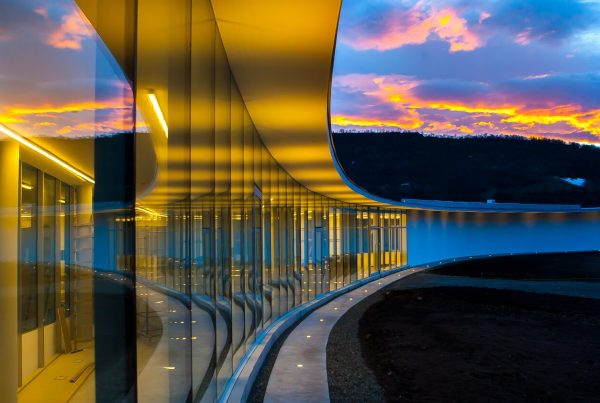It is not a secret to anyone that the COVID-19 outbreak has generated a great economic, social and environmental impact around the world. On one hand, the economic effects are devastating. Many industries have been affected in one way or another by the slowdown of activities due to the pandemic leaving as a consequence, changes in the way businesses and companies operate. On the other hand, health measures such as social distancing and preventive isolation have caused many people to stay at home to reduce the risk of contagion.
However, not everything has turned out bad. A great improvement was seen in the quality of the famous canals that run through Venice, the animals took the streets of different cities around the world while the population was under isolation measures, the levels of air pollutants such as particulate material and carbon dioxide decreased significantly compared to previous years, among others. Just recently, news about how premature births dropped sharply during COVID-19 was added to the long list of positive things we have experienced amid the pandemic.
For example, the number of babies born before fulfilling more than 7 months of gestation decreased by 90% during the lockdown in Denmark. In Ireland, the low gestational weight dropped by 73% compared to previous years during the same period of analysis. Similar results were seen in Ireland, Canada, Netherlands, and Australia. Researchers associate these with several possible factors such as:
- Improved air quality due to decreased levels of PM2.5 and CO2 emissions during the lockdown
- Lower infections as a result of reduced contact with people and enhanced cleaning practices
- Extended time at home and parental support
- Less stress
The importance of having good indoor air quality is highlighted once again, underlining the need of implementing effective measures to protect occupants from air contaminants, especially after the WHO (World Health Organization) declared airborne transmission as one of the main modes of transmission of COVID-19. Actions such as employing high-efficiency filters and implementing real-time monitoring become relevant and were also discussed in previous entries (To learn more, see: Relevance of Indoor Air Quality Amid the Pandemic).
In conclusion, it can be said that after this pandemic, several conclusions should be drawn from the lessons learned. Moreover, the way we see the spaces we live and work will change significantly, shifting the focus on human health and wellness on what we will start calling the “new normal”.
About BEE Incorporations
BEE Incorporations is a sustainability consulting, green materials procurement, and technology company headquartered in Asia that helps projects all over the world achieve their sustainability targets in an efficient and cost-effective manner.











